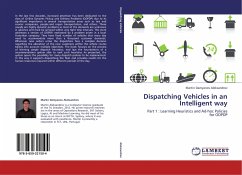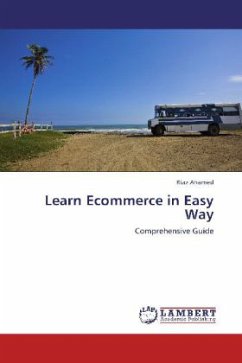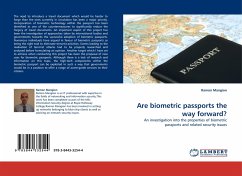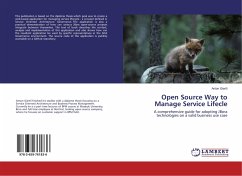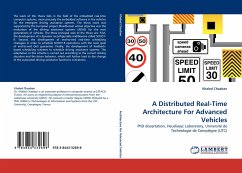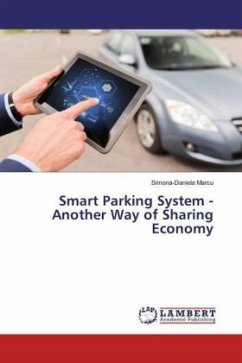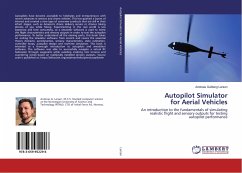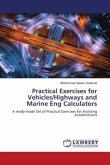In the last few decades, increased attention has been dedicated to the class of Online Dynamic Pickup and Delivery Problems (ODPDP) due to its significant importance in several transportation areas such as taxi and courier companies, people and organ transportation, and others. These usually are highly dynamic problems as most of the demands are unknown in advance and must be serviced within very tight time intervals. This work addresses a version of ODPDP, motivated by a problem arisen in a local Australian company. They have fixed number of vehicles that every day need to accommodate more than a thousand customer demands. Whenever new orders arrive the dispatchers face a complex decision regarding the allocation of the new customers within the vehicle routes taking into account multiple objectives. The book focuses on the process of learning simple dispatch heuristics, and lays the foundations of a recommendation system able to rank such heuristics. As presented, the system opens the possibility for many dispatch policies to be implemented. In this way it supports dispatching the fleet and provides results for the human resources required within different periods of the day.
Bitte wählen Sie Ihr Anliegen aus.
Rechnungen
Retourenschein anfordern
Bestellstatus
Storno

